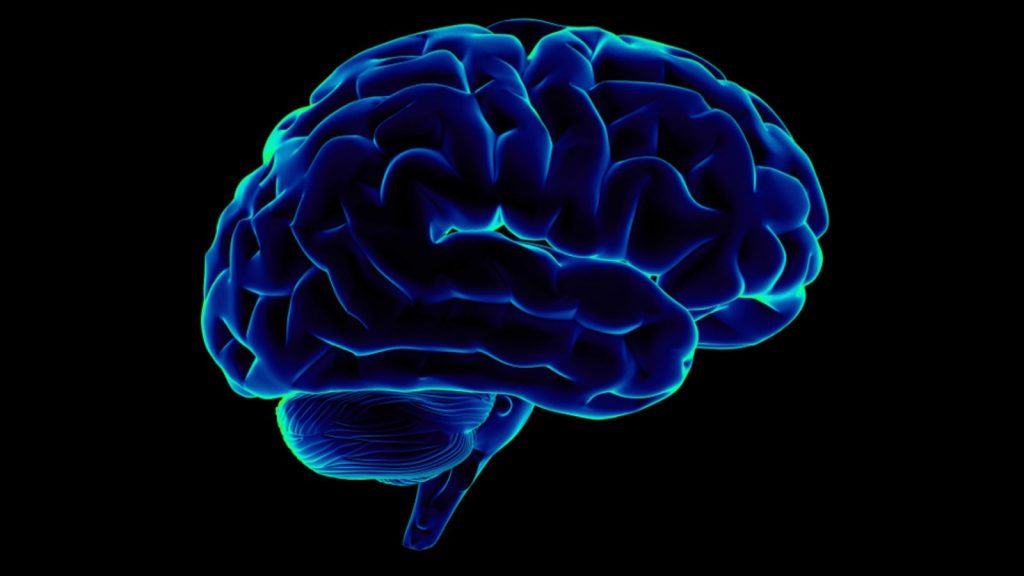
According to Psychologium, around 1 in every 5 adults in the United States experiences some kind of mental illness. People often forget that maintaining a healthy brain is no less important than having a healthy body for overall well-being and a long lifespan. We are often concerned about cardiovascular health or excessive weight but tend to ignore our mental health. To better understand the numbers, that’s more than 40 million people in the USA only. There is a mental illness epidemic around us and it is extremely important that we dedicate part of our time to maintaining a healthy mind.
One of the best things you can do for your brain is to keep it active. Our brains need stimulation and it can be easy to deprive ourselves of mental challenges. Jobs can be repetitive and dull, daily lives do not require too much thinking, and entertainment like watching Netflix does not provide much of an exercise for the brain. One way of balance out daily mental inactivity is to do cognitive exercises like puzzle games or crosswords.
Learning a new language or reading challenging texts can also be effective.
While doing mental exercises is an obvious way of keeping a healthy mind, one of the most overlooked way is physical exercise. Working out is not only for losing weight or getting six packs on your stomach. It is also super beneficial for your brain. There are many ways of how working out affects your brain health. First, it increases the blood flow and the heart rate, pumping more oxygen to the brain. This is especially true with cardiovascular exercises like running or cycling. Second, it reduces the stress hormones and has an antidepressant effect that has been linked to the increased growth of cells in the hippocampus area of the brain.
Nutrition is also very important for mental well-being. What we eat affects our brains. It is up to us what kind of nutrients we provide to the organ that takes up to 25% of the energy we get from food. If we deprive the brain crucial nutrients like vitamins, minerals or fatty acids, it will not function well, leading to poor mental performance, brain fog, depression and anxiety.
Many do not realize how important it is what we eat for common mental illnesses like anxiety disorder. They often try to remove the symptoms using medications, therapy or breathing exercises. What they do not know is that food can also be a trigger. Typical unhealthy foods, ones full of sugar, sodium or caffeine can trigger anxiety or panic attacks. The opposite is true for certain foods – they can reduce the symptoms. Healthy fatty foods like fish, nuts and green tea are known to reduce the anxiety symptoms.
One of the biggest harms for the brain and mental well-being is the stress. Especially when the stress is chronic. A study published by the journal Molecular Psychiatry showed that chronic stress can cause changes in the brain and the people who experience it tend to have anxiety disorder and depression. Several other studies confirm that stress negatively affects mental health. It causes the death of brain cells, changes brain structure and harms the memory. Therefore, it is important to avoid a stressful lifestyle as much as possible. While being stressed is inevitable and removing it completely from our lives is impossible, we can try to reduce it using different techniques such as meditation, resting, getting rid of unnecessary triggers, and changing the way we think of things that stress us.
We can not end the article about mental health without mentioning the sleep and how important it is for the brain. Getting a good nights sleep is essential for having a healthy brain. The modern society ignores it too much and we tend to get much less sleep than our bodies need. Sleep deprivation is closely linked to bad brain functioning, depression, anxiety, and other mental disorders. So, if you want to give your brain a time to rest and have a sharp mind, make sure you get enough sleep.
There are many other things that affect our mental well-being, but we’ve covered the fundamental parts of it. Eat healthy, exercise, reduce stress and sleep well if you want your brain to be well-functioning and have a healthy mind.
References: – Molecular Psychiatry



